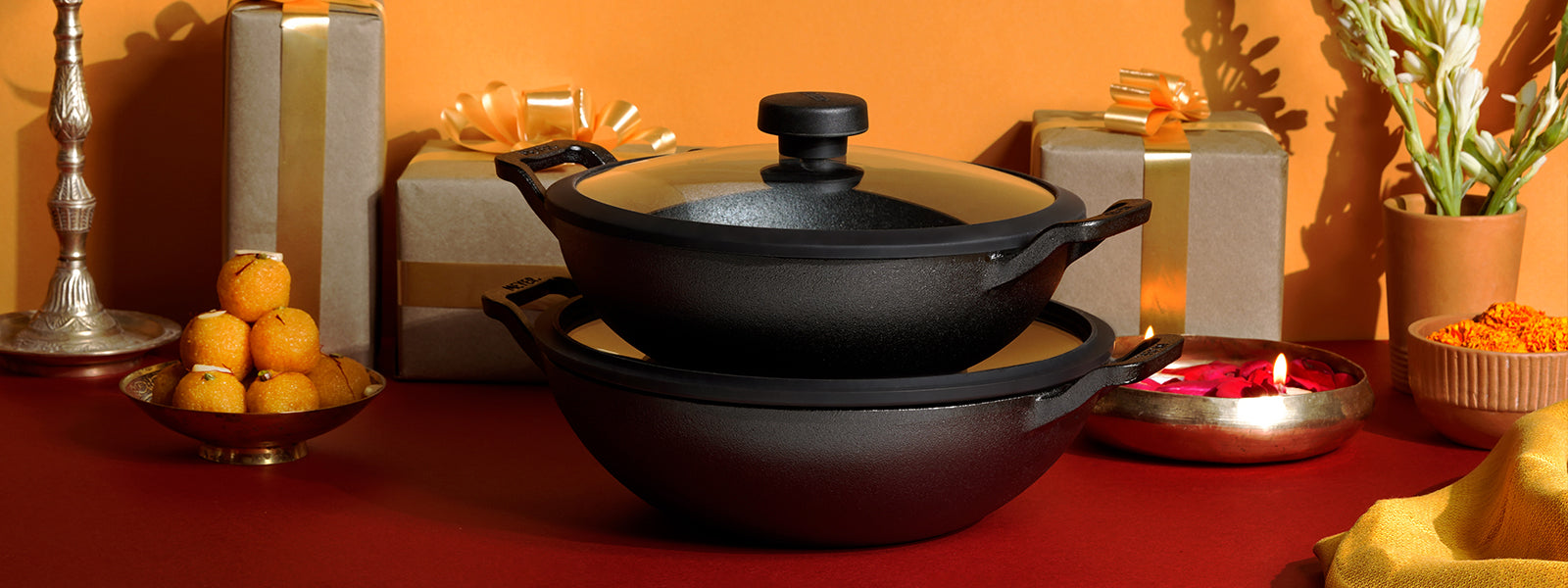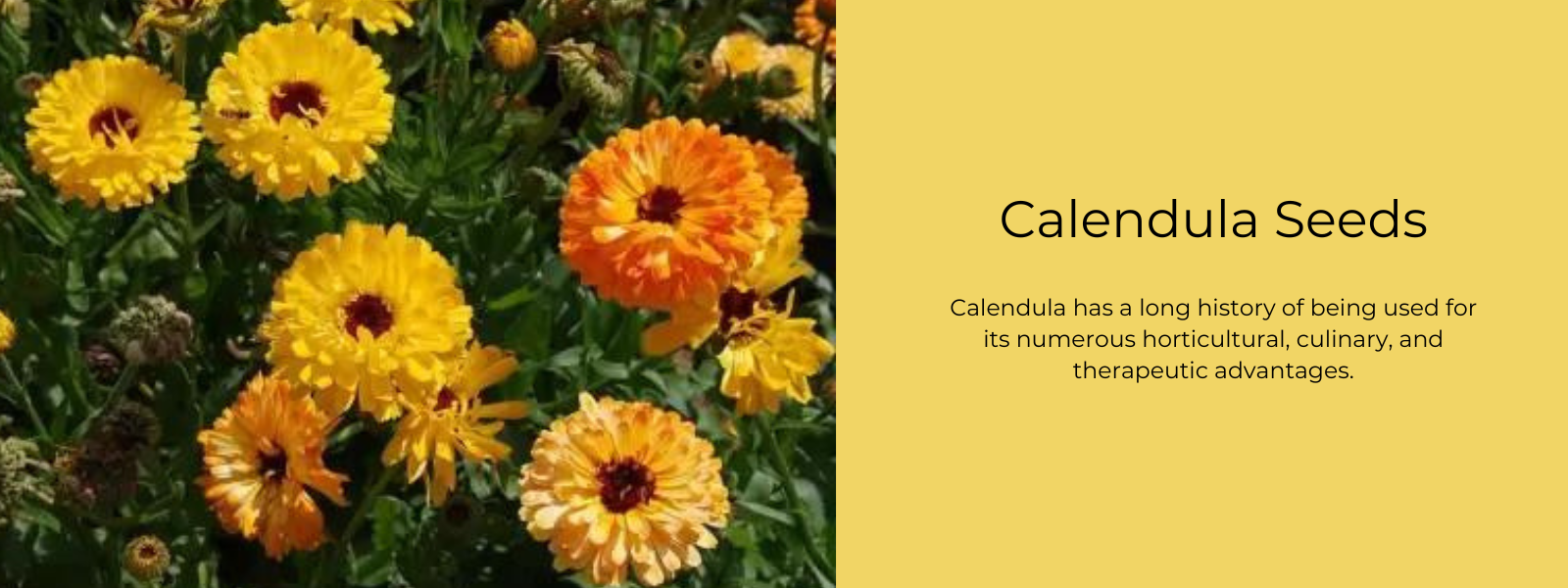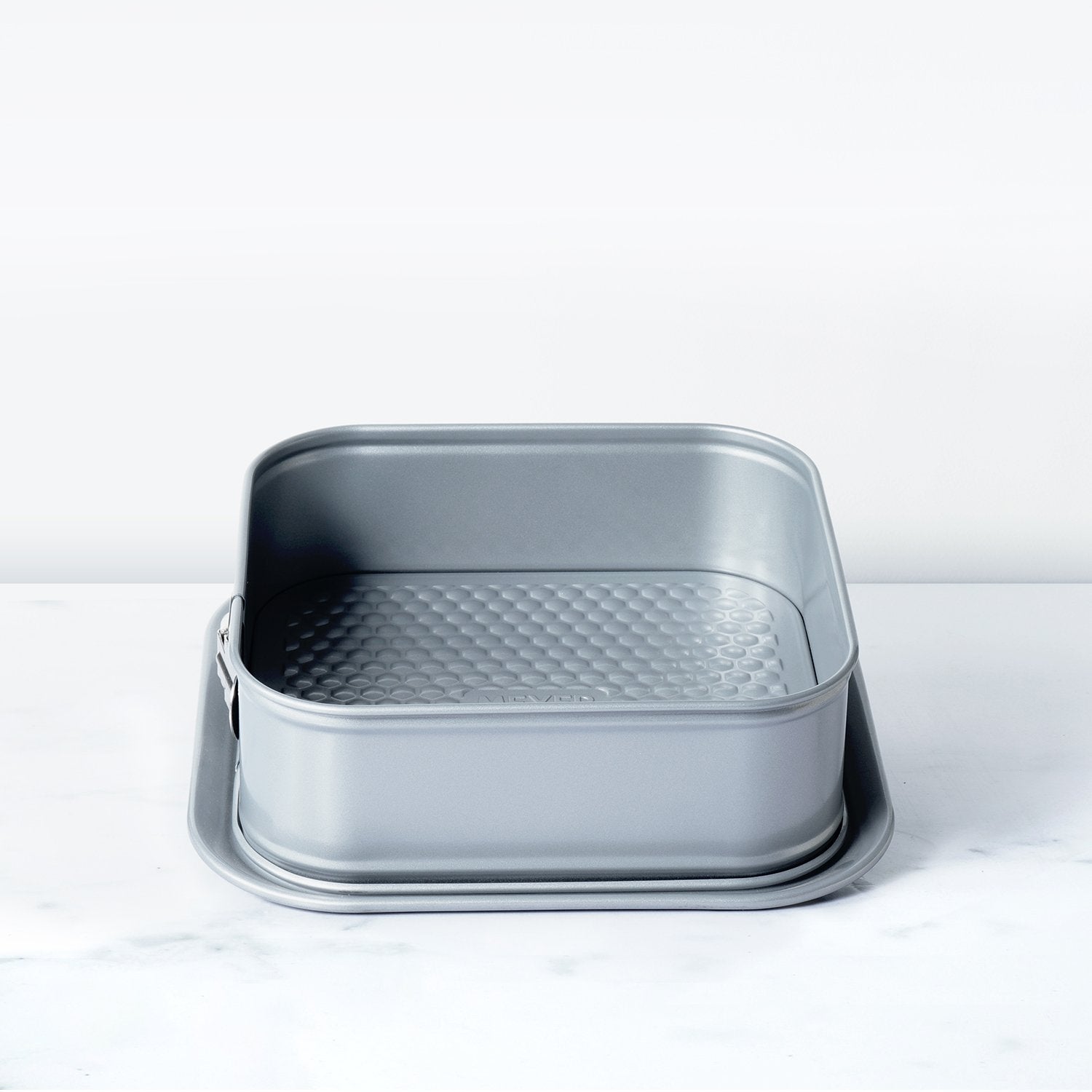Nigella seed or Kalonji is a flowering plant in the buttercup family. It is also known as black cumin, nigella, and by its scientific name, Nigella sativa.
It can grow up to 12 inches (30 cm) tall and makes a fruit with seeds that are used as a flavorful spice in many dishes.
Nigella seed is used in cooking, but it is also known for being good for your health.
Table of Contents
What is nigella seed?
Nigella seeds are small, angular black seeds that appear like dark sesame seeds. They are grown on the Ranunculaceae plant family member Nigella sativa.
These plants grow in Turkey, Syria, and other places in the Middle East and Eastern Europe. People think that the seeds are the most valuable part of the plant because they have health benefits.
They can be used in cooking, and the black seed oil they make is full of protective phytonutrients like thymoquinone and thymol.
Most of the time, Indian, Middle Eastern, and North African dishes use nigella seeds. The flavour of these tiny seeds has been described as having "notes of onion, oregano, and black pepper."
You can find them in soups, stews, and curries, among other things. They also give recipes, like breads, a bit of crunch and can taste nutty to some people.
Key components of nigella seeds:
Studies have found that nigella seeds contain the following active ingredients:
Polyphenols and tocopherols are two types of antioxidants.
Thymoquinone and its derivatives, such as dithymoquinone, thymohydroquinone, thymol, carvacrol, t-anethole, and 4-terpineol
Essential (volatile) oils
Alkaloids
Saponins
Linoleic, oleic, palmitic, and stearic acids are all types of fatty acids.
Health benefits of nigella seeds:
1. High on antioxidants:
Like other dark-colored seeds, like black beans or pomegranate seeds, nigella seeds are full of antioxidants, like thymoquinone, which is the most pharmacologically active ingredient in these seeds and is found in large amounts in them.
Studies have shown that these antioxidants, especially thymol and dithymoquinone, may protect against cellular damage. This may lower the risk of getting heart disease, neurodegenerative diseases, autoimmune diseases, and some types of cancer, like pancreatic and breast cancer. The seeds also seem to make antioxidant pathways like glutathione and superoxide dismutase work better.
Some of these compounds are also anti-inflammatory, which means they can help people with conditions like arthritis who are experiencing pain and swelling.
2. Help your body's metabolism and heart stay healthy
Nigella sativa supplements can help keep blood sugar, blood pressure, and cholesterol levels at healthy levels. This is because Nigella sativa has properties that lower blood pressure, block calcium channels, and make you pee more. These properties help control blood flow and blood lipid levels.
It may also help people with insulin resistance or type 2 diabetes lower their fasting and average blood sugar levels. It may also lower the risk of complications from diabetes.
3. Can help settle the stomach
Kalonji has been used for a long time to help treat diarrhoea, stomach ulcers, kidney problems, and liver problems.
Some studies show that its compounds may protect against toxicity-related damage to the liver and kidneys and help keep the gut healthy because they can fight oxidative stress and inflammation.
4. Reduces inflammation:
Because they kill bacteria and reduce inflammation, black seed oil and kalonji can help with skin problems like acne and eczema.











Leave a comment